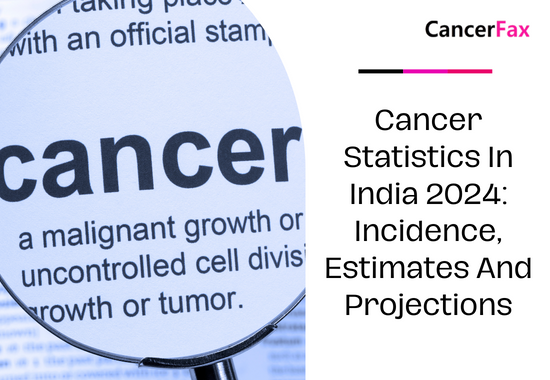The FoundationOne CDx (F1CDx) cancer biomarker detection method was approved by the FDA in November 2017 to detect 324 different genes that can identify viable mutations in 5 tumor types including microsatellite instability (MSI) Tumor mutation load. In addition, Keruis molecular map analysis can not only perform genetic testing (the number of detected genes is 592), but also perform protein testing (CISH, pyrosequencing), MSI testing, etc., the testing items are more comprehensive, and the drug selection is more accurate.
These tests are beneficial for patients with high MSI (MSI-H) or mismatch repair defects (dMMR) unresectable or metastatic gastrointestinal tumors, can accept pembrolizumab (Keytruda) and have potential benefits. Detection can also identify other molecular markers and targets to guide treatment. Immune checkpoint inhibitors have shown some surprising results in patients with gastric cancer, especially gastrointestinal MSI-H tumors. Efforts are being made to increase the response rate of checkpoint inhibitors in colon and pancreatic cancer through combination therapy. Researchers are conducting research on a combination of multiple immunotherapy drugs to understand whether they can trigger a response in tumors that are not effective for single-agent therapy. Clinical trials have been designed, and immunotherapy is currently being combined with chemotherapy and radiation therapy in an effort to improve the response rate of these diseases.
Precision medicine will become increasingly mature in the next few years, allowing clinicians to identify biomarkers and targets more effectively than current technologies. Through precision medicine-genetic testing, more cancer patients will have the opportunity to choose the most suitable anti-cancer drugs to improve treatment efficiency, prolong survival and improve quality of life.
http://www.onclive.com/web-exclusives/gastrointestinal-cancers-entering-age-of-precision-medicine?p=2

